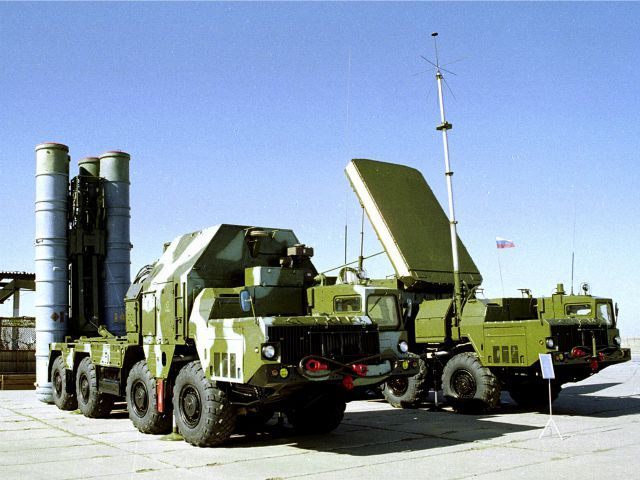The U.S. is expressing concern over alleged plans by Russia to sell Iran a missile defense system.
“We’ve been making very clearly our objections to any sale of this missile system to Iran, as I said, for quite some time, and we’ll continue to monitor it closely,” said State Department spokesman John Kirby.
On August 18, media outlets reported that Russia will send the regime several S-300 missile units. They originally planned to ship the missiles in 2010, but international pressure forced Russia to withdraw the sale.
“As things stand now, this topic is closed,” said Deputy Foreign Minister Mikhail Bogfanov. “We have reached full understanding on the matter together with our Iranian partners. The question has been fundamentally solved. The rest is just technical details.”
The missile defense system would stop the U.S. and Israel from sneaking “into Iranian airspace if they wanted to bomb Iran’s nuclear facilities.” If the two countries bombed the defense system, Iranians would know an attack is “on the way.” The S-300 can track “multiple planes at once” while some “have an interception range of 200 kilometers [124 miles].”
“The airspace will be more tense,” explained defense policy expert Michael O’Hanlon. “It will be filled up with more radar beams if you will — invisible, and yet ever present, and they will be… radar signals that we can’t easily stop or evade.”
The entire system allows the regime to protect its assets in many parts of the country.
“With four battalions, they should be able to deploy missile systems in four different locations,” said Pieter Wezeman of the Stockholm International Peace Research.
Iranian Defense Minister Hossein Dehghan announced Iranian officials will travel to Moscow next week to sign the deal. The Russian government said they could hand over the S-300 system by the end of the year, which also includes “battery and technological upgrades.” Iranian officials will also talk about buying Russian fighter jets since the regime only possesses “older U.S.-made aircraft.” Sanctions forbid Iran from upgrading its jets.
